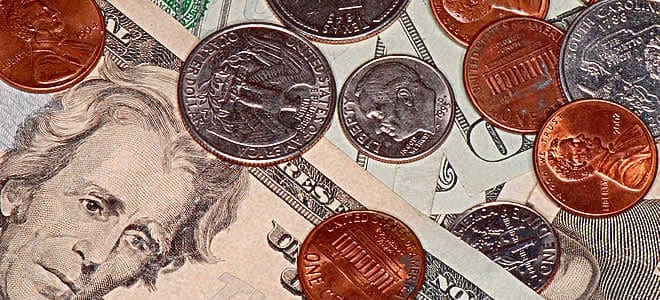8 Budget Breaking Hidden Costs
8 Budget Breaking Hidden Costs
Keeping Vow Renewal Costs Under Control When setting the budget up for your vow renewal, make sure to include line items for the following items to prevent your budget from [...]

Keeping Vow Renewal Costs Under Control
When setting the budget up for your vow renewal, make sure to include line items for the following items to prevent your budget from busting at the last moment!
- Taxes – Pretty much everything thing that you need for your vow renewal will have tax added to it, so while it’s technically not a hidden cost, it adds up quick. Make sure to add in your local tax rate when laying out your budget!
- Postage Stamps – Be careful or your super fabulous, really unique invitations may break your budget if they require extra postage. Odd shapes, over-sized envelopes, and multiple layers mean you’ll be paying extra to send them out. Postage can run you an extra few cents to nearly $2 per piece. There’s a big difference between $67.50 and $300 for postage on 150 invitations!
- Alterations – Having your dress or your husband’s suit altered can add up quickly. Make sure that you ask what the store charges for alterations before purchasing anything. If the charges are high, you can see if you can find a less expensive seamstress and/or tailor, keep looking for a garment that fits better or leave enough room in your budget to cover the alterations you want. Remember, for dresses a simple hem isn’t too much, however making dramatic alterations can cost you nearly as much as the price of the dress.
- Rental Delivery – Make sure you get an exact quote on the delivery/shipping/packaging fee for your rental items from the rental companies you are using. These fees can run from $50 to more than $500. If these fees are too high, shop around. What matters is the total cost, not the per item cost.
- Reception DJ/Band Equipment – Typically, your fee includes a minimal amount of equipment. If your reception is in an extra-large space, you’ll likely need more speakers and microphones which could add on several hundred to several thousand dollars. Make sure you provide the DJ or band with complete layout details for your venue including measurements so they can provide you with a complete quote upfront to prevent any “day of” surprises.
- Photo/Video/Musician Overtime – When you hire your photographer, videographer, musicians, and any other service professionals for that matter, you are booking them for a certain number of hours. If the vow renewal runs longer than you expected, or you just want them to stay to the very end, you’ll be charged for the additional hours at a premium hourly rate, which may be 1.5 to 2 times the previous hours. Make sure you ask about overtime charges when booking your vendors so you can plan accordingly.
- Cake-Cutting Fee – If you opt to have an outside cake baker make your cake, the reception venue may charge you a cutting fee. This can turn your bargain cake into one that costs more than the one from the venue since cutting fees can run as much as $3 per slice. If you have 150 guests, that adds in an additional $450! Be sure to ask about cake-cutting fees before you sign your venue and baker contracts so that cutting fees are built into your budget.
- Gratuities – Service charges are not gratuities, they are simply an additional fee that is charged to cover other costs, like staffing, and is typically a percentage of some other cost. Gratuities are the tips you need to give to smaller vendors like your hairstylist and makeup artist and particularly helpful service staff like bartenders and DJs that make your reception a big success. Make sure you budget 20% of their fees for gratuities and have it in smaller bills on the day of the event.
Just about everything that you need for your wedding will have tax added, so even though it may not be a hidden cost, it can definitely add on an extra couple hundred very quickly.
Avoid It: There’s no getting around paying the taxes, so it’s best to build this into your budget from the start with a little estimating. You can also try paying the entire bill in a lump sum, which can help lower the overall price.


